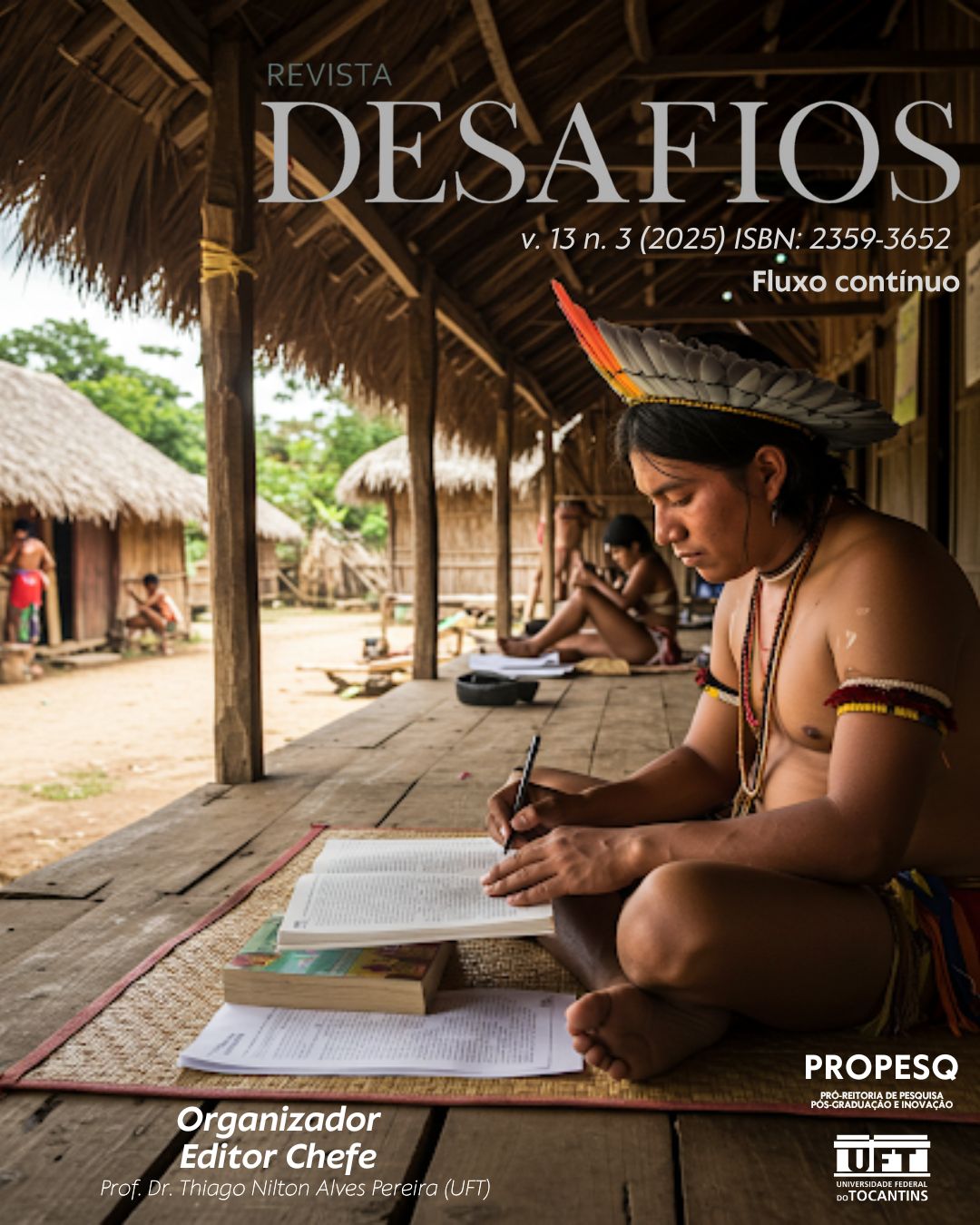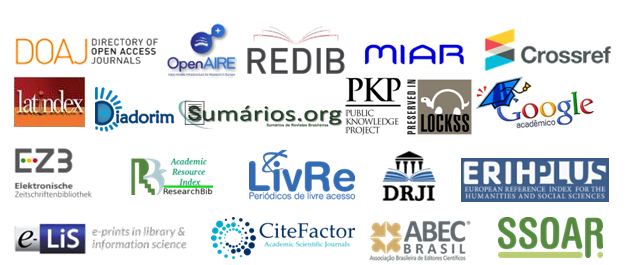O 'REALLABOR' NO CONTEXTO BRASILEIRO
SERIA ESSE O FUTURO DA PESQUISA CIENTÍFICA?
DOI:
https://doi.org/10.20873/2025_abr_20193Resumo
A origem do termo ‘reallabor’ é alemã e traduz-se como ‘laboratório real’. O sociólogo alemão Ulrich Beck é creditado com a criação desse conceito. Ele propôs o ‘reallabor’ como uma abordagem de pesquisa social que integra teoria e prática, ciência e sociedade e, experimentação e transformação. Embora essa abordagem de fazer das ciências sociais tenha origens internacionais, foi a partir de seu modo de operação que verificamos que no Brasil trabalhos semelhantes vem sendo desenvolvidos. Assim, temos a nossa hipótese: essa abordagem, reconhecida internacionalmente como inovadora, também vem sendo desenvolvida no Brasil, representando o futuro da pesquisa científica. A partir disso, observamos a necessidade de aprofundar os estudos para responder a seguintes questões norteadoras: (a) o que é, e o que pretende o reallabor? (b) o que está sendo desenvolvido de semelhante no Brasil? e (c) o que a Universidade de Cruz Alta tem desenvolvido de semelhante relacionado ao ‘Laboratório da vida real’? Disso, estabelecemos que o nosso objetivo principal é: explorar e compreender o ‘reallabor’ e ainda, verificar o que está sendo desenvolvido nestes mesmos parâmetros no Brasil e, especificamente, na Universidade de Cruz Alta -RS, onde os autores têm vínculo institucional, o que nos proporciona uma base mais sólida para explorar o assunto com propriedade. Pretendemos responder às questões norteadoras e atingir os objetivos propostos, subdividindo a pesquisa em três momentos que seguem a mesma sequência de construção dos questionamentos, para melhor visualização dos conhecimentos. Nossa pesquisa adota uma abordagem qualitativa e utiliza uma combinação de métodos específicos para atingir seus objetivos. No que diz respeito ao método geral, empregamos a técnica hipotético-dedutiva. Em relação aos objetivos da pesquisa, optamos pelo método descritivo. Quanto ao procedimento, nossa abordagem foi predominantemente bibliográfica. Analisamos aproximadamente 20 artigos, todos escritos em línguas estrangeiras (alemão e inglês), e conduzimos a tradução desses materiais. Também realizamos pesquisas em sites na internet, especialmente o ‘Research Rabbit’ para coletar informações disponíveis que demonstrassem trabalhos desenvolvidos no Brasil que tenham adotado a abordagem do ‘reallabor’. Finalmente, justificamos o estudo pela necessidade intrínseca de explorar e compreender essa técnica de fazer pesquisa e verificar seu desenvolvimento no contexto brasileiro, assim como, a partir disso compreendemos necessário desafiar paradigmas de desenvolvimento tornando esse conhecimento acessível e instigando outros pesquisadores a explorarem esse tema em suas instituições.
Downloads
Publicado
Como Citar
Edição
Seção
Licença
Copyright (c) 2025 Lucimara Rocha de Souza, Tiago Anderson Brutti, Solange Beatriz Billig Garces, Sirlei de Lourdes Lauxen

Este trabalho está licenciado sob uma licença Creative Commons Attribution-NonCommercial 4.0 International License.
Autores que publicam nesta revista concordam com os seguintes termos:
1. Autores mantém os direitos autorais e concedem à revista o direito de primeira publicação, com o trabalho simultaneamente licenciado sob a Creative Commons Attribution License (CC BY-NC 4.0), permitindo o compartilhamento do trabalho com reconhecimento da autoria do trabalho e publicação inicial nesta revista.
2. Autores têm autorização para assumir contratos adicionais separadamente, para distribuição não-exclusiva da versão do trabalho publicada nesta revista (ex.: publicar em repositório institucional ou como capítulo de livro), com reconhecimento de autoria e publicação inicial nesta revista.
3. Autores têm permissão e são estimulados a publicar e distribuir seu trabalho online (ex.: em repositórios institucionais ou na sua página pessoal) a qualquer ponto posterior ao processo editorial.
4. Além disso, o AUTOR é informado e consente com a revista que, portanto, seu artigo pode ser incorporado pela DESAFIOS em bases e sistemas de informação científica existentes (indexadores e bancos de dados atuais) ou a existir no futuro (indexadores e bancos de dados futuros), nas condições definidas por este último em todos os momentos, que envolverá, pelo menos, a possibilidade de que os titulares desses bancos de dados possam executar as seguintes ações sobre o artigo:
a. Reproduzir, transmitir e distribuir o artigo, no todo ou em parte sob qualquer forma ou meio de transmissão eletrônica existente ou desenvolvida no futuro, incluindo a transmissão eletrônica para fins de pesquisa, visualização e impressão;
b. Reproduzir e distribuir, no todo ou em parte, o artigo na impressão.
c. Capacidade de traduzir certas partes do artigo.
d. Extrair figuras, tabelas, ilustrações e outros objetos gráficos e capturar metadados, legendas e artigo relacionado para fins de pesquisa, visualização e impressão.
e. Transmissão, distribuição e reprodução por agentes ou autorizada pelos proprietários de distribuidoras de bases de dados.
f. A preparação de citações bibliográficas, sumários e índices e referências de captura relacionados de partes selecionadas do artigo.
g. Digitalizar e / ou armazenar imagens e texto de artigo eletrônico.


